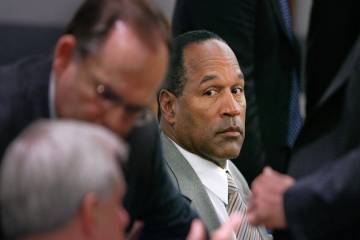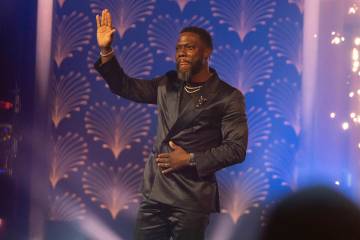Rolling Stone, UVA email exchanges reveal new details
Before Rolling Stone ran an article about rape on the University of Virginia campus, the reporter and school officials traded dozens of emails from September 5 to November 19.
On Friday, UVA released that correspondence to CNN and other media outlets that had made freedom of information requests.
The magazine’s article was published November 19 and started by telling about “Jackie,” a student who said she was gang-raped in a fraternity house in fall 2012.
After the Washington Post and other media outlets found inconsistencies in the article, Rolling Stone apologized for several reporting mistakes, such as not trying to reach the men who allegedly committed the rape.
“We apologize to anyone who was affected by the story and we will continue to investigate the events of that evening,” the magazine said earlier this month.
Also on Friday, UVA Rector George K. Martin spoke to the school’s Board of Visitors, or governing body, saying the article had hurt innocent people, set back efforts to stop sexual assaults and tarnished the school’s reputation.
Martin said the school wanted to find the truth, but faced several obstacles, including “the massive failure of journalistic ethics reflected in the Rolling Stone article” and “the rush to judgment by some who first faulted the university.”
Martin said the results of investigations by police and the state attorney general’s office will be released eventually, subject to restrictions of state and federal law.
Here are five things revealed by the correspondence.
Though Jackie’s story of being raped was the most sensational part of the Rolling Stone story, it never comes up in 100-plus pages of emails.
Most of the emails concern scheduling for interviews, discuss policy and ask for facts and figures.
However, Erdely did mention Jackie in an October 27 email to a student who told the reporter she had been sexually assaulted. “You figure into the article as a survivor, activist and mentor/support for Jackie,” Erdely said.
In the article, a woman the magazine called “Stacy” said a male friend groped her and stuck his hand down her sweatpants one night while she vomited into a toilet after drinking too much whiskey, then “digitally penetrated” her. Stacy said she discovered two other women had been assaulted by the same man. She filed a formal complaint, expecting him to be expelled after a hearing, but was disappointed when the Sexual Misconduct Board only suspended him for one year.
“Your characterization of the facts of the spring 2014 case you referenced during our interview is incorrect,” a UVA spokesman, Anthony Paul de Bruyn, told Erdely in an October 9 email.
De Bruyn told fact checker Elisabeth Garber-Paul in a November 13 email, “It has been brought to our attention by a few students that Sabrina has spoken to that she is referencing an incident where a male student raped three different women and received a one-year suspension. That is in fact objectively false.”
When Erdely asked him to clarify what she got wrong, de Bruyn said, “Due to privacy concerns, we are unable to be more specific about the spring 2014 case.”
In the first email, on September 5, Erdely contacted Nicole Eramo, head of UVA’s Sexual Misconduct Board, and said she’s writing a story about “rape/rape culture on college campuses” and how sexual assaults are handled at UVA.
Eramo seemed interested in cooperating and said “I’m glad you reached out.” They set up an interview for September 12.
Erdely told McGregor McCance, chief university spokesman, on September 10 that she’d like him to clear an interview with Claire Kaplan at the Women’s Center.
But on September 11 McCance said Erdely could not interview Eramo and Kaplan, saying either he or the university president will answer all the questions. He apologizes for the “change in direction.”
Eramo was mentioned many times in the article, but never quoted.
When Erdely was setting up an interview with Sullivan, she complained that UVA’s public affairs office insisted some of their employees be present.
“I don’t generally conduct interviews with PR people sitting in,” she wrote on September 15.
McCance replied: “Either I or somebody from my office would be in the room for the phone call and perhaps somebody from the office of student affairs, too. We would do this whether the interview was on phone or in person, and we would record it as well.”
Erdely said, “If that’s the only way I will be allowed to talk with President Sullivan, then so be it. But I imagine a university president is fully capable of getting through a phone conversation on her own, without help. My article will obviously mention the way UVA has sought to restrict and pad my access to administrators.”
McCance replied, “I’m sorry you think your story would need to describe the university as restricting access but I am happy that we are able to connect you with our top administrator — the president — for an interview.”
“I talk about your own assault in the broadest of strokes,” Erdely said in an October 27 email to a student who said she was raped after a party during the early part of her freshman year. “Sadly there was no room in the article for the full contours of your story, in all its detail, which frankly could be an article unto itself! Same can be said of basically every survivor I had the honor of interviewing.”




























